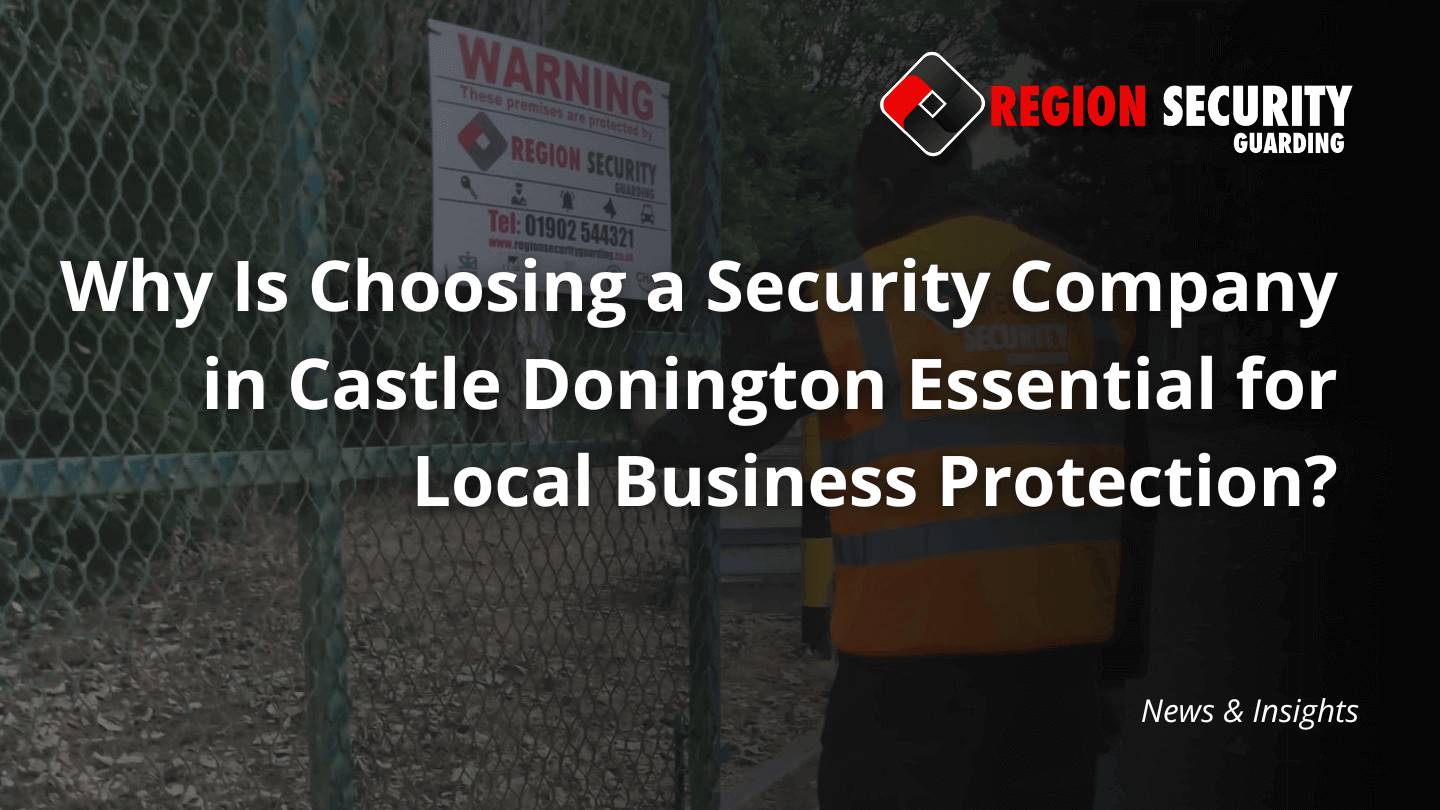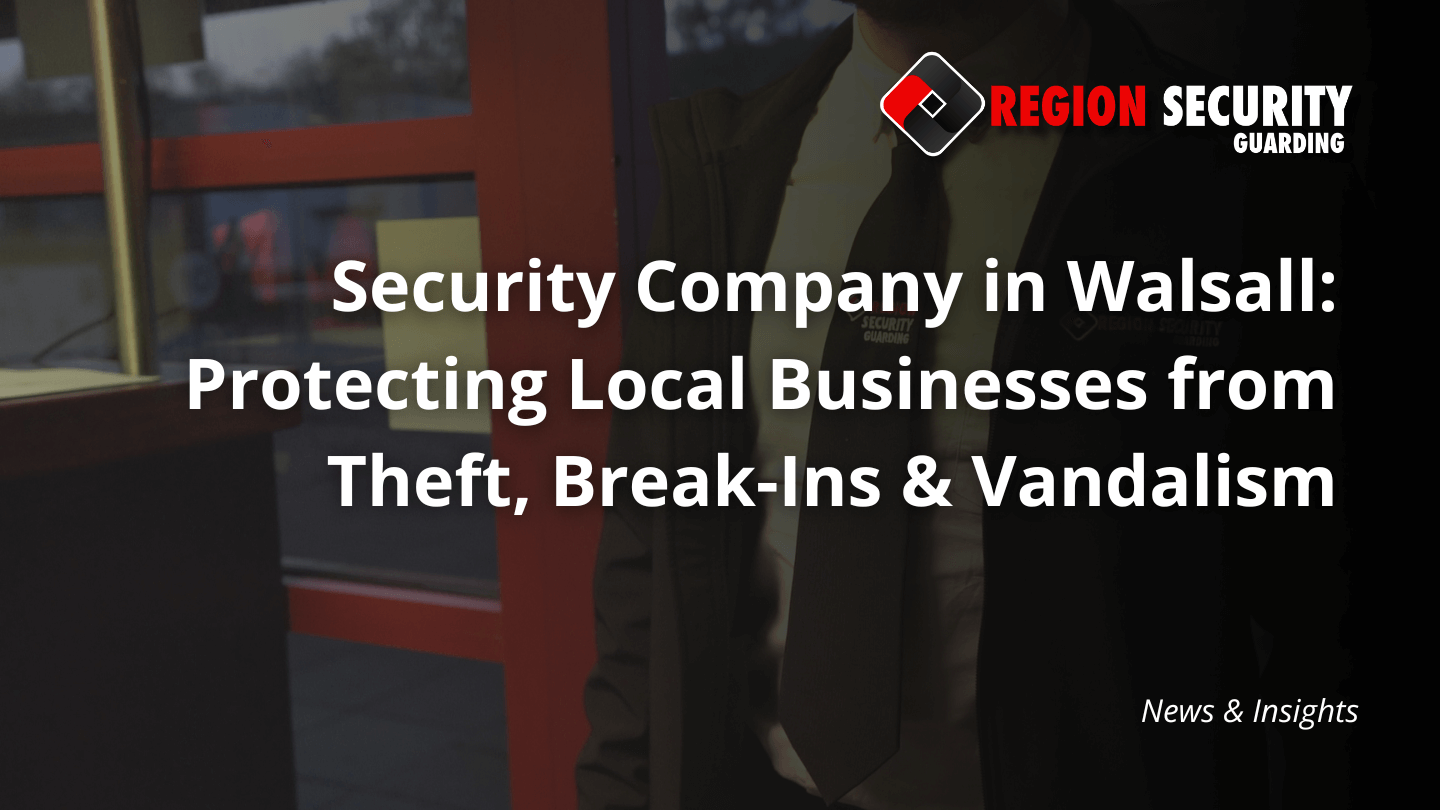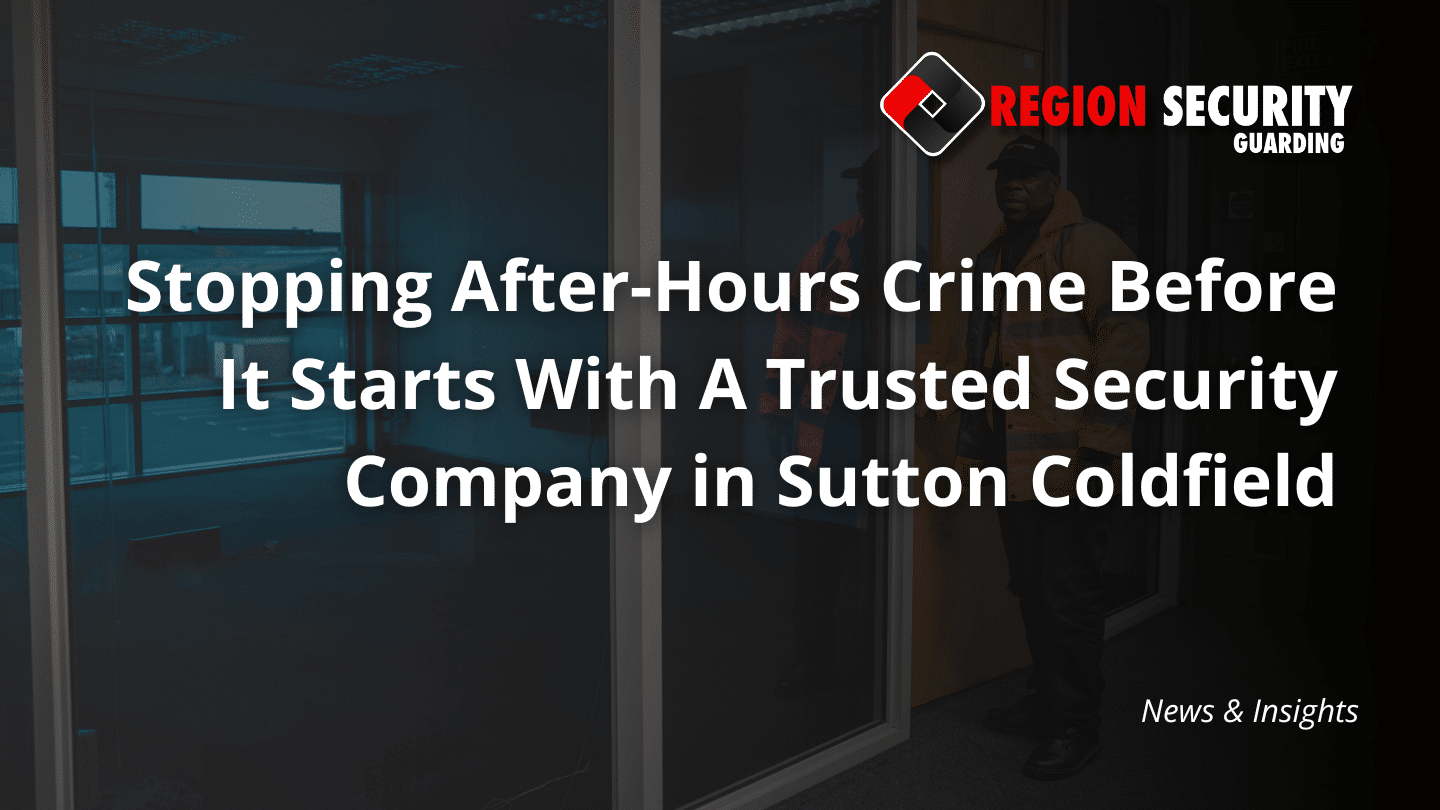Mental health is an essential consideration in any profession, but do you need a mental health check for an SIA licence? In this article, we’ll explore this question and address other important topics, including whether individuals with mental health conditions can work as security guards, how the security industry supports mental health, and strategies that security guards use to cope with stress and pressure.
Table of Contents

Do You Need a Mental Health Check to Apply for an SIA Licence?
When applying to become a security guard, the SIA (Security Industry Authority) will conduct various background checks, including a criminal record check. Additionally, they may perform a well-being or mental health assessment. This is part of their process to assess your suitability for the role, ensuring you are well-equipped to handle the demands and responsibilities of the job.
Can You Work in Security With a History of Mental Health?
Many people considering a career as a security guard often wonder if having a mental illness will prevent them from working in the field. The answer is no. It’s entirely possible to work in security with a history of mental health issues. As long as you can meet the role’s requirements and handle the associated responsibilities, having a mental health condition does not automatically disqualify you from becoming a security guard.
Can I Get an SIA Licence if I Have Been Detained Under the Mental Health Act?
Yes, you can still obtain an SIA licence even if you have been detained under the Mental Health Act in the past. If the detention occurred within the last five years, you must disclose this information to the SIA. However, if more than five years have passed since your detention, you are not required to inform the SIA.
Should Security Guards Get a Mental Health Check?
Security guards often work in high-pressure situations and carry the significant responsibility of protecting the public. As a result, it is essential that those entering the profession have a calm, level-headed approach and the right personality for the role. To ensure this, the SIA conducts well-being assessments during their hiring process. These checks help determine if applicants are suitable for the job and ensure they do not pose a risk to public safety.
What is Mental Health Like in the Security Industry?
While being a security guard can be a rewarding career, it can also be stressful and isolating at times. Security guards often face challenging situations, including responding to criminal incidents that may result in physical or verbal abuse. Some guards work alone for extended periods in isolated areas, leading to feelings of loneliness. Additionally, irregular shift hours can disrupt sleep patterns and affect overall health.
A recent study by the University of Portsmouth revealed that more than 40% of security guards experience symptoms of PTSD. Others may struggle with mental health conditions such as anxiety and depression. These findings underscore the importance of mental health support in the security industry.

Things You Need to Think About in Regards to Mental Health in the Security Industry
Whether you’re applying to become a security guard or have been working in the industry for some time, it’s essential to consider your mental health. To help you prepare, we’ve highlighted some important factors to keep in mind before you begin your SIA application.
Think About Your Own Mental Health
Before you being your application to become a security guard, it’s important to assess your own mental health. Take a moment to reflect on how you feel each day. Are you able to remain calm under pressure? Do you need professional support, such as therapy or medication, and have you considered seeking help from a healthcare provider?
Life naturally involves ups and downs, and it’s not always possible to feel your best. However, being a security guard requires a clear head and the ability to think on your feet. The job can present a wide variety of experiences. You may meet some of the friendliest people, but you may also encounter difficult, or even confrontational, situations.
Understanding your mental health and ensuring you have the right tools to manage stress is crucial. This will make a significant difference, whether you’re a seasoned security guard or just starting out in the field.
When You Are Applying for an SIA Licence
When applying for a security guard licence, the SIA may conduct a mental health assessment and ask questions about your well-being. If you have been detained under the Mental Health Act within the past five years, you are required to disclose this information.
Being sectioned, or formally admitted as a patient, is nothing to be ashamed of, and it does not automatically prevent you from receiving your licence. However, it’s important to be honest and transparent with the SIA about your mental health history.
To provide clarity, you may be asked to submit a report from the doctor or psychiatrist who treated you during that time. As an SIA licence holder, you may also be required to provide regular updates on your mental health, even if you no longer need treatment. When renewing your licence, you may need to confirm or update this information.
If you detention occurred more than five years ago, you do not need to disclose it. In general, most mental health conditions do not need to be reported to the SIA.
If you’re unsure whether you need to disclose your mental health history, it’s important to review the SIA’s code of conduct and guidelines before applying or reapplying for your licence. Don’t hesitate to ask for help if you have any questions or concerns about your application or mental health.
Although stigma around mental health can make it difficult to speak up, it’s important to remember that support is available. There are people who will listen and help you through any challenges you may face.
Protect Your Mental Health
Security guards are often seen as strong, tough, and unemotional, regardless of their gender. However, neglecting your mental health can have serious consequences. Trying to maintain this tough exterior by keeping your feelings inside can harm your well-being and may even affect your ability to continue in the profession.
Research shows that chronic stress can lead to long-term health issues, and everyone needs times to recover and recharge outside of work. Acknowledging that you need help is not a sign of weakness. It’s a vital step in preserving your health and ensuring your longevity in the field.
Many security guards have faced or continue to struggle with mental health challenges. If you’re dealing with anxiety, depression, or any other mental health condition, don’t assume that a career in security is out of reach. It’s essential to prioritise your mental health, and if you’re struggling, seeking help is crucial to maintaining both your well-being and your career.

How Do You Handle Stress and Pressure as a Security Guard?
As mentioned earlier, many security guards face mental health challenges. So, how do they manage stress effectively? Here are some key strategies that can help:
- Stay Professional During Stressful Situations: It’s important to remain calm, focused, and composed when facing difficult moments.
- Ask for Help When Necessary: If the pressure becomes overwhelming, don’t hesitate to reach out to colleagues or supervisors for support.
- Prioritise Sleep: A good night’s sleep is essential for both physical and mental recovery, so make sure you rest well.
- Maintain a Work-Life Balance: Keep your work and personal life separate to ensure you have time to unwind and de-stress outside of work.
- Monitor Your Mental Health: Pay attention to any changes in your mood or emotions and address them early on.
- Communicate Openly With Your Supervisor or HR: If you’re struggling, it’s important to share how you’re feeling with a supervisor or HR manager so they can offer support.
- Take Regular Breaks: Make sure to step away from your duties when needed to recharge.
- Be Kind to Yourself: Don’t be too hard on yourself. It’s okay to have difficult days, and it’s important to seek help when needed.
By including these practices in your routine, you can better manage stress and maintain your mental well-being in a demanding job.
So, Do You Need a Mental Health Check for an SIA Licence?
When applying for or renewing your security guard licence, the SIA will conduct a mental health check to ensure you are fit for the role. Many individuals with a history of mental health challenges have successfully become security guards, as long as they meet the required criteria.
To stay informed about the latest updates in the security industry, visit our blog. We answer a range of questions, including Do Security Guards Get Drug Tested? and Can I Become a Security Guard With a Criminal Record?
Business Security You Can Rely On
Trusted by leading businesses nationwide for reliable, 24/7 protection.
or call 0330 912 2033

We have used Region security for quite a while now. Top notch service, great guards and helpful staff. We love our guards and the team for all of their help / work. No need to try the other companies at all."
Andy Yeomans - Jones Skips Ltd
Great company, professional services, friendly guards and helpful at times when required."
Rob Pell - Site Manager
A professional and reliable service. Always easy to contact and has never let us down with cover. No hesitation in recommending and competitively priced also. After using an unreliable costly company for several years it is a pleasure to do business with Region Security"
Jane Meier - Manager
Region Security were very helpful in providing security for our building. We had overnight security for around 4 months. The guards themselves were professional, easy to reach and adapted very well to our specific needs. Would definitely recommend Region for security needs.
Lambert Smith Hampton
Great service. Reliable and professional and our lovely security guard Hussein was so helpful, friendly but assertive with patients when needed. He quickly became a part of our team and we would love to keep him! Will definitely use this company again
East Trees Health Centre
Fantastic Service from start to finish with helpful, polite accommodating staff, we have used Region Security a few times now and always been happy with what they provide.
Leah Ramsden - Manager




